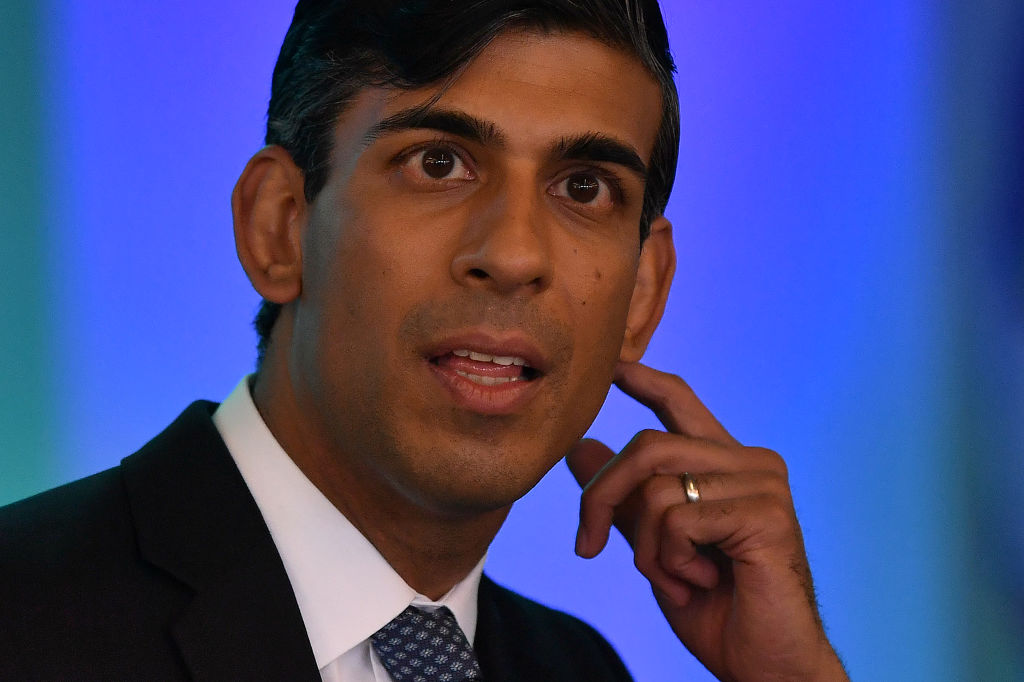Treasury’s £4.3bn fraud write-off likely to be eclipsed by £20bn Covid loan defaults as CBILs and BBLs are not repaid

The £4.3bn of Covid loans that may have to be written-off by The Treasury due to fraud and highlighted by the recent resignation of Lord Agnew, could be eclipsed by businesses failing to repay their CBILs and BBLs Covid support loans, an industry expert warns.
£73.8bn has been loaned under the above schemes to around a quarter of UK businesses by banks, building societies and other accredited lenders, Duncan Swift, a restructuring and insolvency partner with Azets in London pointed out.
This includes more than 1.5m Bounce Back Loans, worth £47.4bn, where businesses were provided with a loan of up to £50,000, or a maximum of 25 per cent of annual turnover, with the government guaranteeing the repayments.
Swift told City A.M. there is widespread acceptance that the support schemes have helped many businesses to survive the challenges of the pandemic.
However, concerns have grown over the potential losses and fraud within the Bounce Back Loan scheme in particular.
In 2021 the Department for Business, Energy and Industrial strategy estimated that 37 per cent of BBLS, around £17.5bn, may not be repaid, mostly because the businesses concerned would not survive over the longer term.
By the end of September 2021, the state-owned British Business Bank, which oversees the schemes, disclosed that £2bn worth of loans had been repaid, however £1.3bn worth of loans were in default.
Swift warns that it is highly likely that the value of defaulted loans will far outweigh the amount written off due to fraud.
“A substantial and increasing number of businesses are already struggling to make their CBILs or BBLs loan repayments,” he said, adding that “businesses and particularly SMEs have had to endure an exceptionally difficult two years and whilst many have closed, many of those which have persevered have only managed to survive due to the loans and other government-backed interventions, such as furlough.
“As much as £20bn of all CBILs and BBLs loans will become defaulted in some shape or form.”
Duncan Swift
“The CBILs and BBLs loan facilities ended in March last year which, coupled with the ending of local authority grants and Furlough will be causing severe cash and liquidity problems for more and more businesses,” he continued.
“Whilst most business owners have no intention of committing fraud, an increasing number are finding that their business lacks the assets, cash or income to meet loan repayment demands and deadlines. Although the banks have been instructed to be flexible, one way or the other loans will have to be repaid,” Swift added.
Whilst the loans are government-backed – 80 per cent for CBILs and 100 per cent for BBLs – and the debt is due to the lender, late or non-payment will ultimately be pursued and investigated by HMRC.
Swift cautions worried business owners and directors to communicate early with their lenders and HMRC.
“The government is under immense financial pressure and will be pursuing the repayment of these loans whatever their status, be they fraudulent or in default,” he concluded.
For all the latest Lifestyle News Click Here
For the latest news and updates, follow us on Google News.

